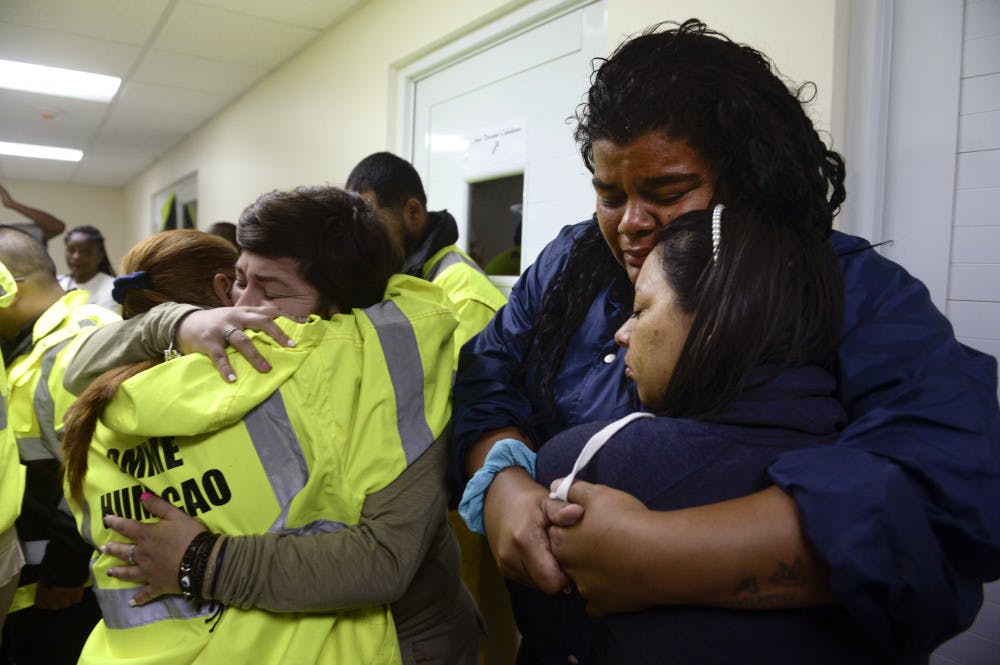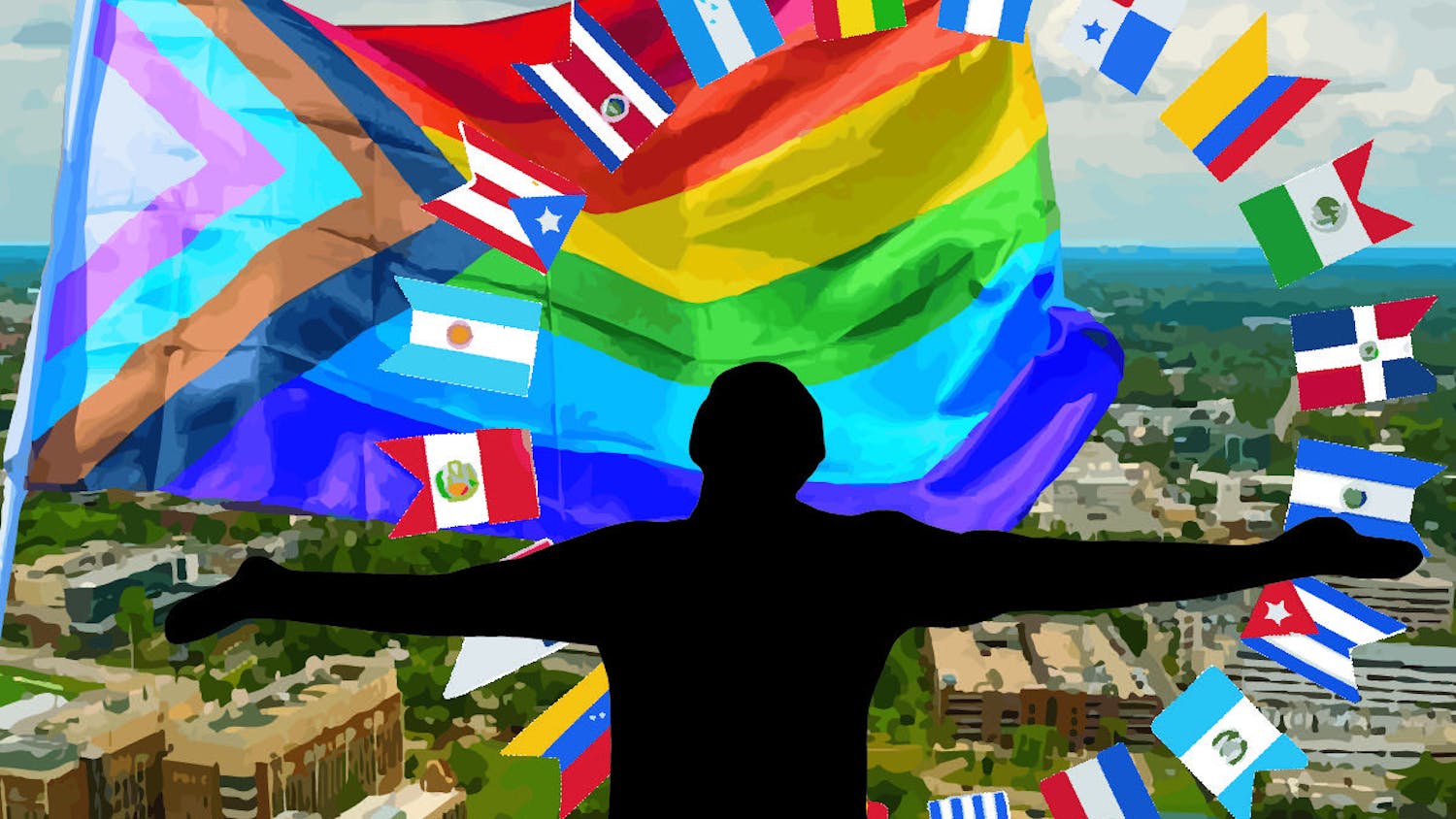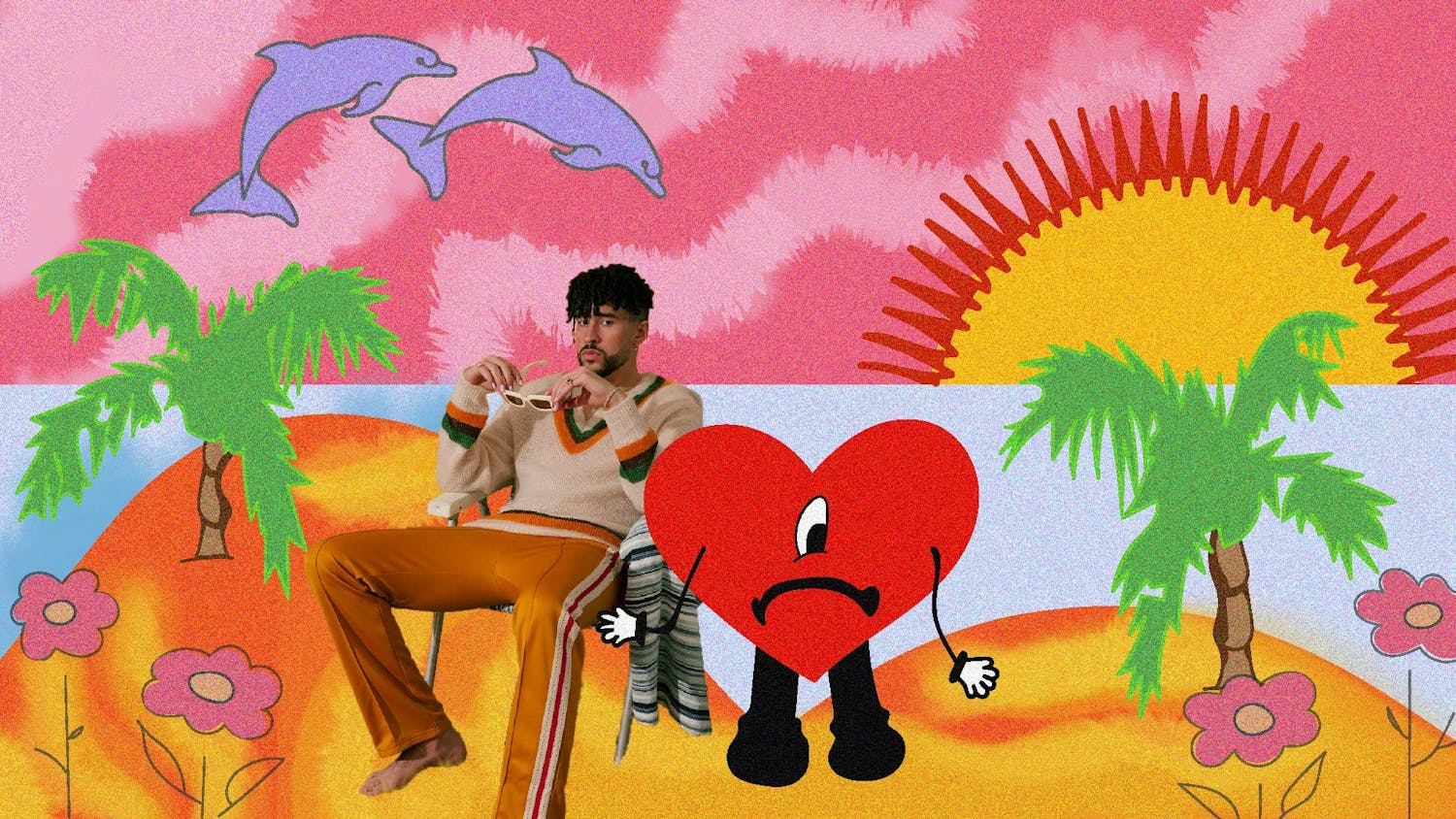Here’s a topic you probably haven’t seen in the news in a little while: Puerto Rico. As many of you know, this U.S. territory was hit by the devastating category 5 Hurricane Maria in September 2017. Despite over a year passing since Maria made landfall, the island of Puerto Rico is still dealing with the effects of the storm and the muddled response to the crisis.
When Hurricane Maria hit Puerto Rico, the damage was on an enormous scale. Nearly the entire island was without power with 95 percent of the island’s cell sites being knocked out. While some neighborhoods were almost completely destroyed, rebuilding and providing aid after Maria was always going to be a challenge. The island’s mountainous terrain makes transportation and power line maintenance difficult. Government agencies like its state-owned power company have long faced financial difficulties leading to poor service. The Puerto Rican government faced bankruptcy mere months before Maria hit, and as President Donald Trump himself pointed out, Puerto Rico “is an island surrounded by water, big water, ocean water,” making it harder to get supplies to Puerto Rico.
That said, things started poorly. The Trump administration was accused of not providing enough aid for Puerto Rico. After Maria hit, Puerto Rico’s governor, Ricardo Rosselló, and San Juan’s mayor, Carmen Yulín Cruz, publicly asked for more federal assistance. Trump instead doubled down, criticizing Puerto Rico for its financial difficulties and suggesting media coverage of the recovery was biased against him. This culminated in a personal spat between Trump and Cruz both on Twitter and in the real world as they traded barbs and accused each other of mishandling the crisis.
Regardless of which side you took, the focus on this petty drama took attention away from the recovery itself and the legitimate issues surrounding it, causing both sides to appear distracted from the hard work of recovery. In addition, just in case he hadn’t already raised doubts about his handling of the crisis, Trump caused a stir when he threw paper towels to a crowd of survivors during his visit to Puerto Rico. While I don’t think it’s fair to judge Trump’s handling of the crisis based on “Paper Towel-Gate” alone, just like the Cruz feud, it generated poor optics and distracted from the substance of Puerto Rico’s recovery.
While media coverage of Puerto Rico’s recovery eventually died down, the island’s struggles were far from over. According to CNN, by late January 2018, 450,000 people (out of a population of 3.4 million) were still without power, the shutdown of IV bag manufacturing in Puerto Rico led to a long-term shortage across the United States, and some experts suggested that the drastically increased incidence of the bacterial disease leptospirosis after Maria constituted an epidemic. However, it wasn’t until April 2018 that we got a full account of Hurricane Maria’s impact, with a George Washington University study calculating the death toll at 2,975. The number of fatalities alone warrant questions and concerns about the recovery effort. Just last month, The Washington Post reported that Trump illegally tried to redirect disaster relief funds away from Puerto Rico, raising even more concerns about the Trump administration’s handling of the whole affair.
Last Thursday, Brock Long, the FEMA Director who oversaw Hurricane Maria relief efforts, resigned. While Long’s departure was due to a federal investigation finding improper use of government vehicles rather than his handling of Hurricane Maria, this still means new leadership at FEMA. Hopefully this new leadership can learn from the mistakes of Maria and ensure that no state or territory suffers as much as Puerto Rico did ever again. However, that does not negate the need for accountability when it comes to Hurricane Maria, and Congressional Democrats (who took control of the House after the 2018 midterms) pledged to investigate the Trump administration’s handling of the Hurricane Maria recovery.
Given the many unusual aspects of the recovery and the sheer amount of death and destruction involved, investigating Maria should be a top priority for Democrats, and I hope they follow up on it as soon as possible. Maybe an investigation will show that the Trump administration truly was negligent in providing too little aid to Puerto Rico. Or maybe it will vindicate Trump and show that his administration did the best it could while local officials mismanaged recovery efforts. Either way, Puerto Rico is waiting for answers.
Jason Zappulla is a UF history junior. His column appears on Mondays.
From left: Rescue team members Candida Lozada, Stephanie Rivera, Mary Rodriguez and Zuly Ruiz embrace as they wait to assist in the aftermath of Hurricane Maria in Humacao, Puerto Rico, on Wednesday.






